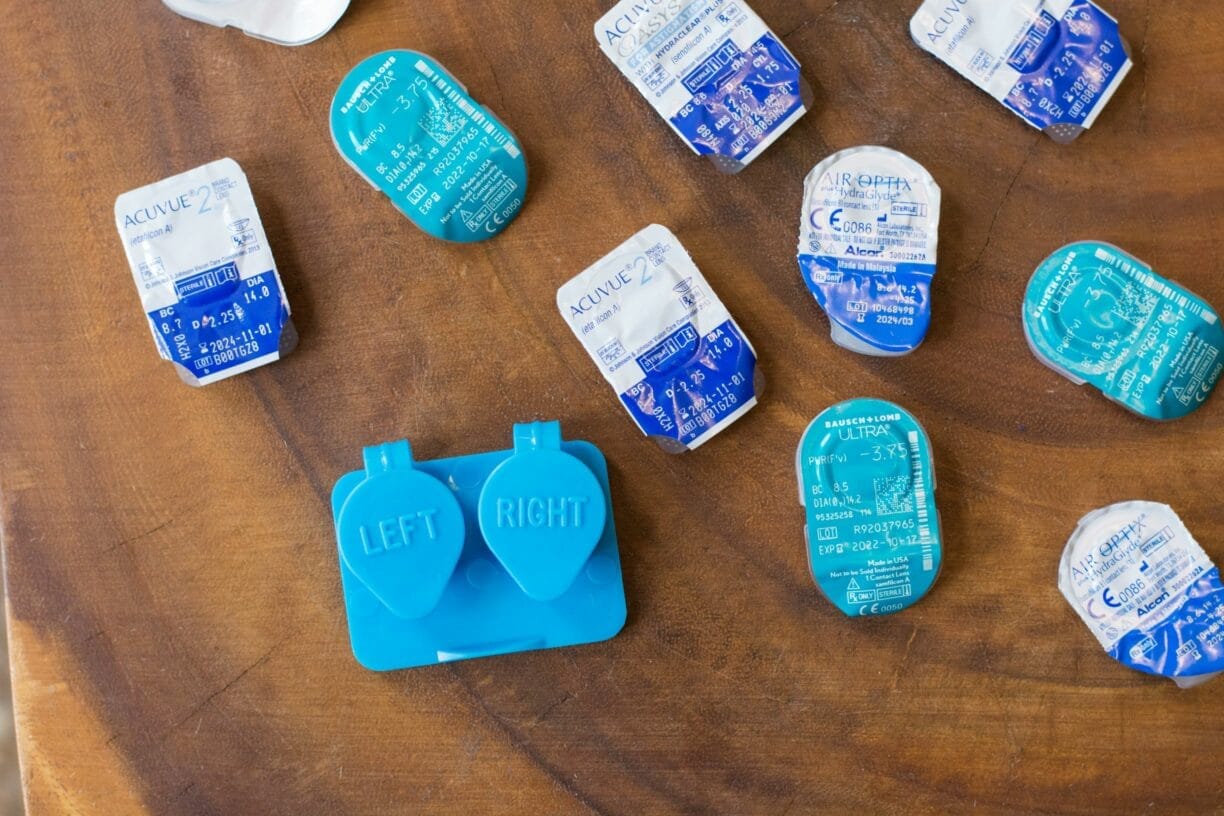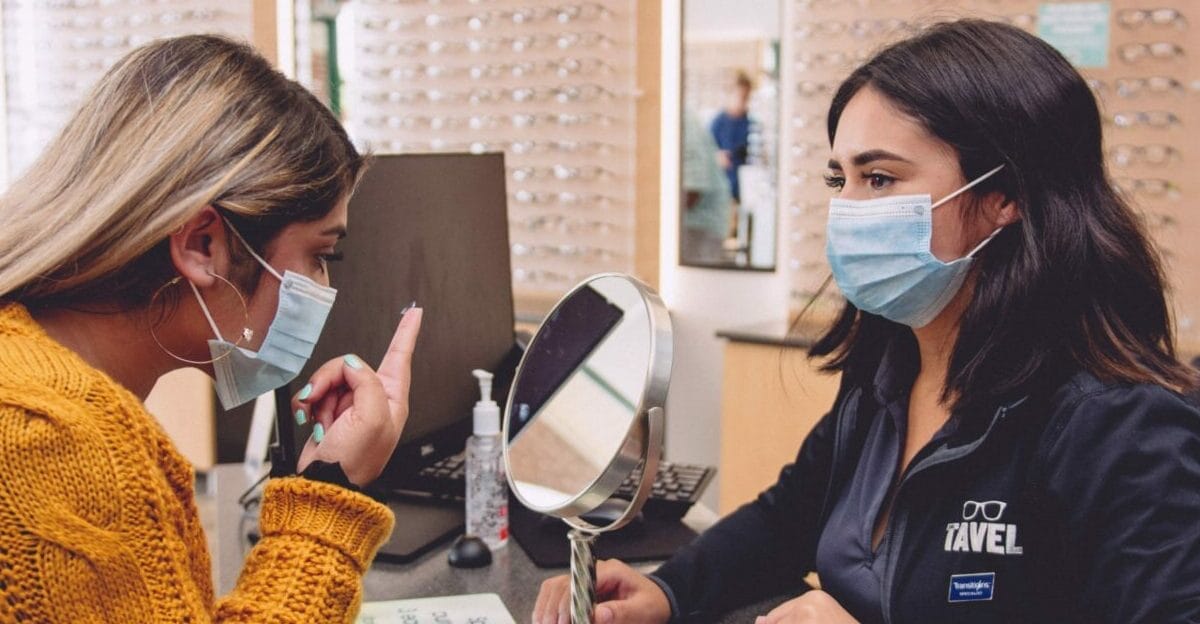How To Avoid Eye Infections From Contacts
You might not spend a lot of time thinking about contact lens care or proper eye hygiene habits, but avoiding eye infections is critical for prolonged vision health. Eye infections related to improper use of contact lenses can lead to long-lasting damage but most are often preventable. Here are some key steps to consider to make sure you have clean contacts and healthy eyes.
6 Steps to Keep Your Contacts Clean

Wash Your Hands
Washing your hands is the most important step you can take when preventing the spread of germs. Touching your eyes increases the risk of eye infections, so don’t skip this step.
Rub your Contacts in Solution
Make sure you clean your contacts with the recommended solution before putting them in. Rubbing the lens in your hand with the proper contact lens solution breaks up any protein build-up on the lens. Even if you have a solution that specifies “No Rub,” you should do it anyway. Rubbing the lenses is one of the best ways to ensure your contacts are clean.
Replace and Renew Often
Don’t try to extend the life of your contacts by wearing them too long. Keep the schedule your eye doctor gives you for wearing and replacing your lenses. For example, daily contact lenses should be discarded before going to bed and are not reusable. Guidelines change depending on the type of contact lenses, so always consult your eye doctor for clarification.
If you have multi-use contact lenses, the solution in your case should be discarded and replaced regularly to ensure your contacts remain disinfected. Think of your old solution as dirty bathwater, so when you take your lenses out, make sure they are cleaned and placed in a fresh solution. Contact lens cases should also be replaced at least three times a year to prevent infection.
Avoid Swimming
There are many germs found in water that can stick to your contact lenses and infect your eyes. Most of these eye infections caused by bacteria found in water can be incredibly painful and tricky to treat. Avoid showering, swimming, using a hot tub, or doing anything where water gets in your eyes when wearing contacts. Water and contact lenses don’t mix.
Give Your Eyes A Break
It’s always a good idea to give your eyes a chance to rest without contact lenses. According to the Centers for Disease Control and Prevention (CDC) sleeping while wearing contacts increases the risk of eye infection 8 times. One common eye infection caused by contact lens misuse is microbial keratitis which causes inflammation of the cornea, which can lead to vision loss. While there are some contacts designed for overnight use, always consult your doctor about risks.
Annual Eye Exams
Wearing contact lenses increase your chances of eye infections and other issues. Visiting your eye doctor ensures that your eyes are healthy and that you have the proper prescription.

Common Eye Infection Symptoms
Some contact lens-related eye infections can cause vision loss or even blindness. Here are some common symptoms to look out for that could be from an eye infection.
- blurry vision
- eye pain or discomfort
- eye redness
- discharge from the eye
- light sensitivity
- swelling
- feeling like there is something in your eye
If you’re experiencing any of these symptoms, see your eye doctor as soon as possible.
